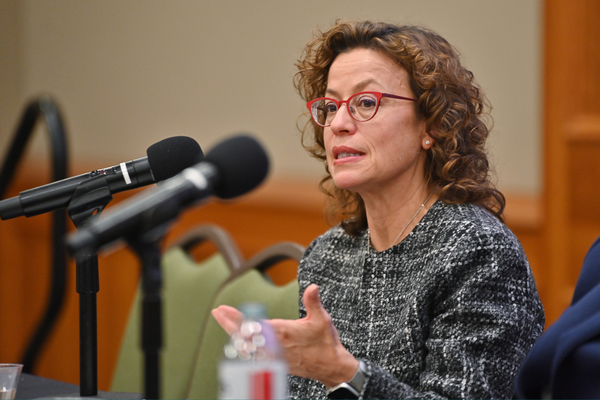Good Night and WTF?
Under the new rules of corporate journalism, editing is only a crime when it makes Trump look bad
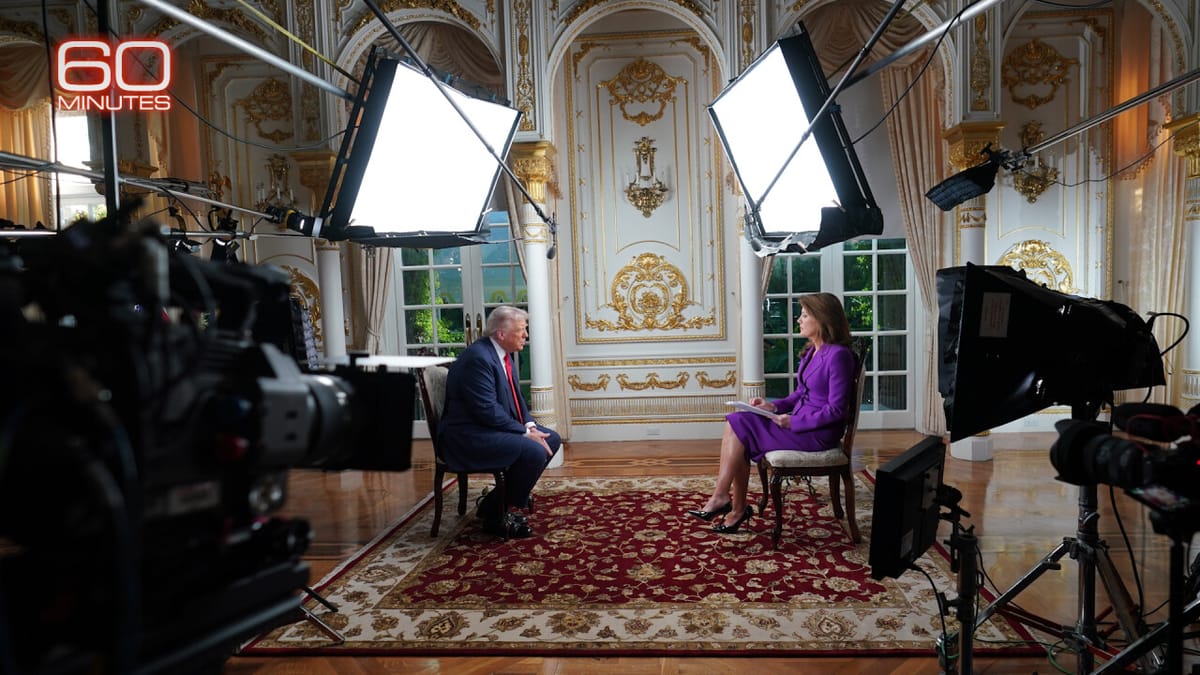
You don’t want to wax too nostalgic about the “good old days” of TV journalism. There were plenty of failures, exclusions of diverse perspectives and narrowly limited debates back when radio and TV sets were furniture and the likes of Edward R. Murrow, Walter Cronkite, Dan Rather and the tick-tick-tick of 60 Minutes brought you the news.
But just a few weeks into the David Ellison/Bari Weiss CBS takeover, I find myself ranting like Andy Rooney about the Trump regime’s complete capture of the network.
Like Rooney, hypocrisy is dead. But that doesn’t make it any less infuriating — or dangerous to our already teetering democracy — to watch CBS’ downward spiral.
Nepo Boss Baby Ellison’s takeover of CBS parent-company Paramount was greased just a few months ago when the company paid $16 million to Trump to settle meritless claims of “news distortion” for simply editing an interview with former Vice President Kamala Harris.
Once CBS paid this bribe, all of the Trump FCC’s regulatory obstacles magically disappeared. Ellison also installed a conservative think-tanker (and Trump donor) as the CBS News ombudsman, before naming deeply unqualified billionaire whisperer and hasbara enthusiast Weiss — of, yes, The (Other) Free Press — as the editor-in-chief of the whole operation.
This background is important when analyzing Sunday’s 60 Minutes interview with President Trump — and seeing what was left out.
Check the transcript
CBS edited a 90-minute Trump interview down to a 28-minute excerpt, which by itself shouldn’t be a problem. But among the notable topics it chopped out was all the discussion of CBS itself. In the interview, Trump went out of his way to praise the new, compliant CBS leadership, though he couldn’t remember Weiss’ name.
“Actually, 60 Minutes paid me a lotta money,” Trump told Norah O’Donnell, according to the full interview transcript. “And you don't have to put this on, because I don't wanna embarrass you, and I’m sure you’re not — you have a great — I think you have a great, new leader, frankly, who’s the young woman that’s leading your whole enterprise is a great — from what I know. I don’t know her, but I hear she’s a great person. But 60 Minutes was forced to pay me — a lot of money because they took [Kamala Harris’] answer out that was so bad, it was election-changing, two nights before the election. And they put a new answer in. And they paid me a lot of money for that. You can’t have fake news. You’ve gotta have legit news. And I think that it’s happening.”
“Legit news” in Trump-speak is any coverage that makes Trump look good. Toss a few softballs, avoid fact checking and provide a little sane-washing of his more unhinged rants, and you can apparently do all the editing you want. You might even get a multibillion-dollar merger out of it.
Distortion and lies
CBS doesn’t want to be the story — and Trump blathering about Weiss probably isn’t what a general audience tuning in after the late game on Sunday would want to see. But to understand how we’ve gotten so close to rising authoritarianism and a crumbling Fourth Estate, the Trump interview tells you everything.
As Mehdi Hasan wrote in a withering critique at Zeteo: “The president of the United States appeared on ‘60 Minutes,’ part of CBS News, the same show and same outlet that he sued and which then paid out $16 million to him; the show treated him with deference and let him lie for over an hour; and he made sure to heap praise on the CBS News boss and the anchor doing the interview with him.”
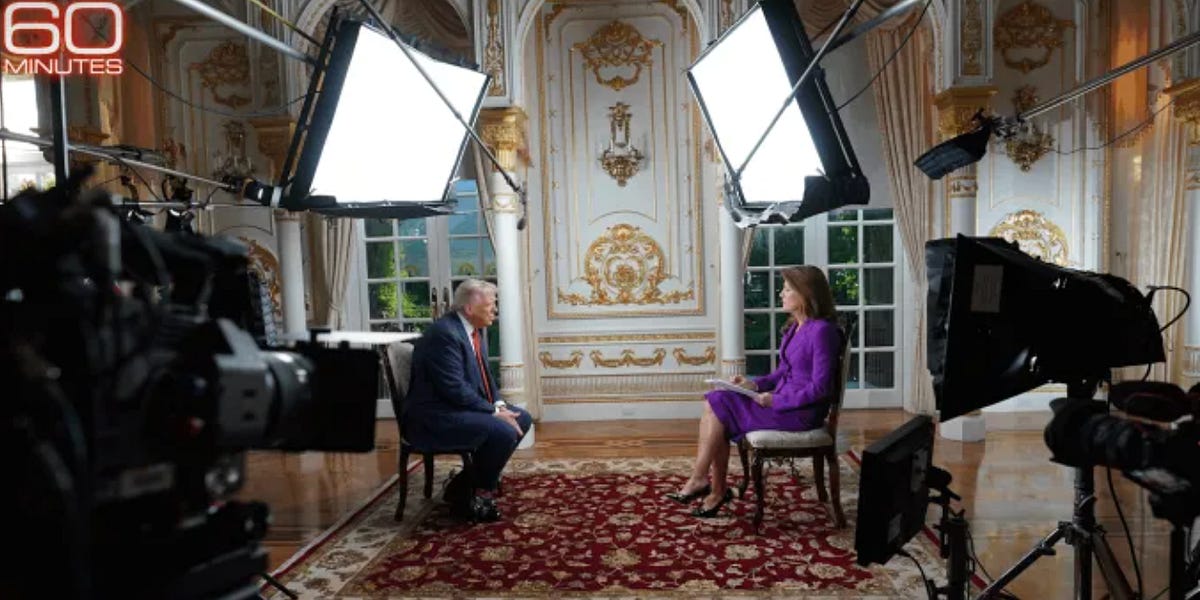
Hasan identified more than a dozen unchallenged lies and falsehoods in this single interview. The Daily Beast flagged that CBS excised an angry Trump rant about corruption and crypto. Throughout the interview, Trump appeared to be trying to dictate which parts of the interview CBS should use.
It’s almost tempting — as Senate Minority Leader Chuck Schumer, among others, joked — to rush off a “news distortion” complaint to the FCC for this selective clipping and splicing. You could just open up the last ridiculous right-wing complaint and find/replace all the references to Harris with ones about Trump.
Media failures
But, of course, the issue here isn’t news distortion or even selective editing. It’s not even about the shortcomings of one journalist or one network. The problem is how unequipped mainstream journalism is to meet this moment, even after so many years of Trump lying — and so much damage to free speech, press freedom and our democracy.
“The ‘60 Minutes’ interview with Trump showcased everything that is wrong with US political interviews in general,” Hasan writes. “The deferential tone. The lack of preparation. The failure to ask follow-up questions or dig deep into an interviewee’s answers. The inability (unwillingness?) to fact-check in real time.”
Press critic Dan Froomkin offered his own list of better questions O’Donnell could have asked, then noted with resignation that he has been writing much the same column since 2017.
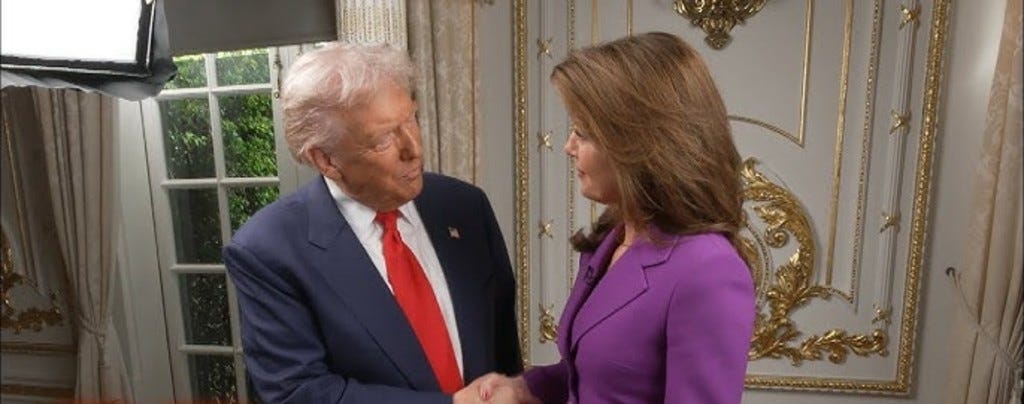
There are still some great journalists working at CBS News. They’re not the problem. The flaws are structural. This is well-understood by C-suite executives and Republican operatives. They don’t care about objectivity, but they do have a clear objective: more profits, more mergers, more acquiescence to power as long as it fills their pockets. We’ve removed all the guardrails and built a system to benefit billionaires — and our democracy is suffering as a result.
It’s not too late yet to change how we practice journalism, reclaim the airwaves and reinvest public funds in the kinds of journalism we need. But the clock is tick-tick-tick ticking.
Open tabs
CBS isn’t the only place where they’re saying the quiet parts out loud. Former Trump Press Secretary Sean Spicer writes in The Daily Caller in favor of eliminating the congressionally-mandated cap on the size of a broadcast chain’s national reach. These are the rules standing in the way of companies like Nexstar (via its proposed merger with Tegna) and Sinclair from swallowing up even more local outlets.
Spicer homes in on the real purpose of ending these restrictions. He writes: “By abolishing the FCC’s ownership cap, the Trump administration can allow the opportunity for more right-leaning affiliate owners to become more influential. By buying more stations, they can give conservatives a powerful voice at the broadcast TV table.”
Meanwhile, over at Condé Nast, management is moving to enervate Teen Vogue — which had become an unexpected oasis for new and diverse voices and unflinching coverage of topics including immigration, reproductive rights and mass incarceration. Apparently, that experiment is now out of fashion, and the site is being refocused on “career development, cultural leadership and other issues that matter most to young people.” Politics is no longer on the list.
“Management plans to lay off six of our members, most of whom are BIPOC women or trans, including Teen Vogue’s Politics Editor — continuing the trend of layoffs at Condé disproportionately impacting marginalized employees,” the unions NewsGuild of New York and Condé United wrote in a statement shared with The Hollywood Reporter.
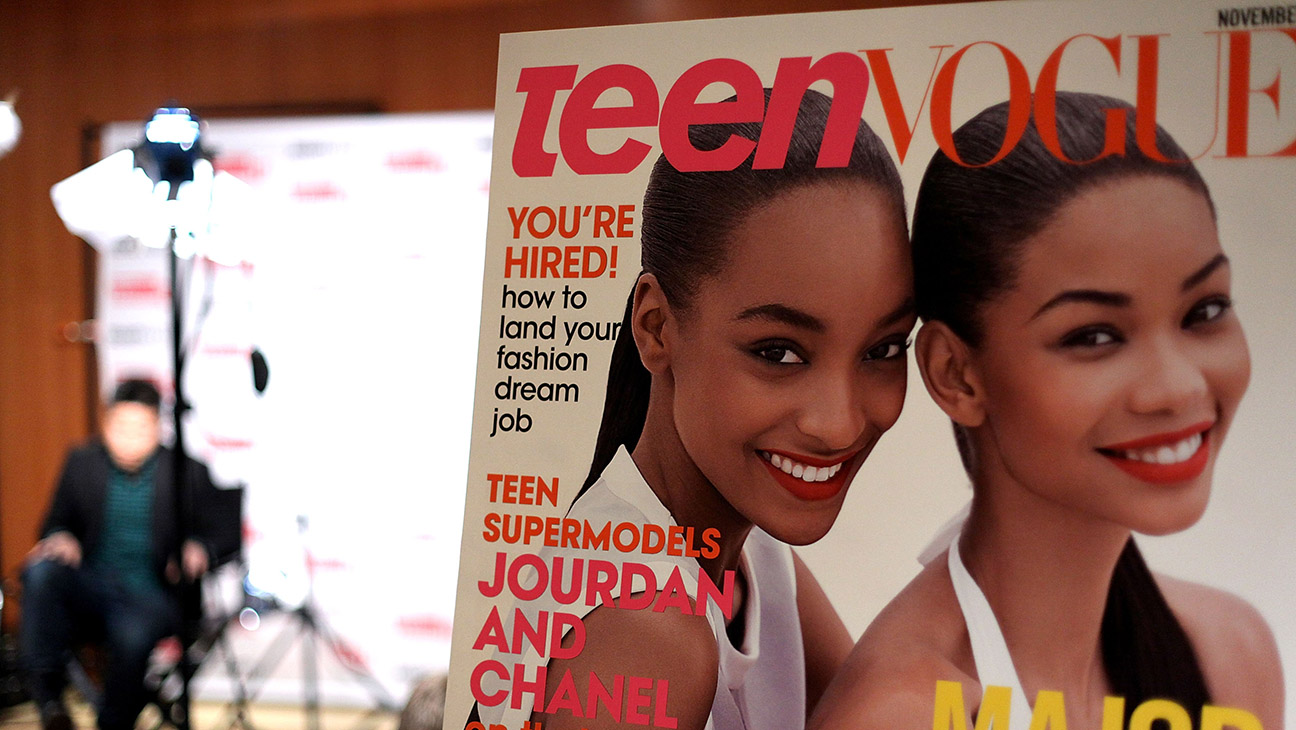
“Teen Vogue now has no writers or editors explicitly covering politics,” they added. “As of today, only one woman of color remains on the editorial staff at Teen Vogue.”
The kicker
“No one man can terrorize a whole nation unless we are all his accomplices.” — Edward R. Murrow
About the author
Craig Aaron is the co-CEO of Free Press and Free Press Action and a guy with two first names. Follow him on Bluesky.
